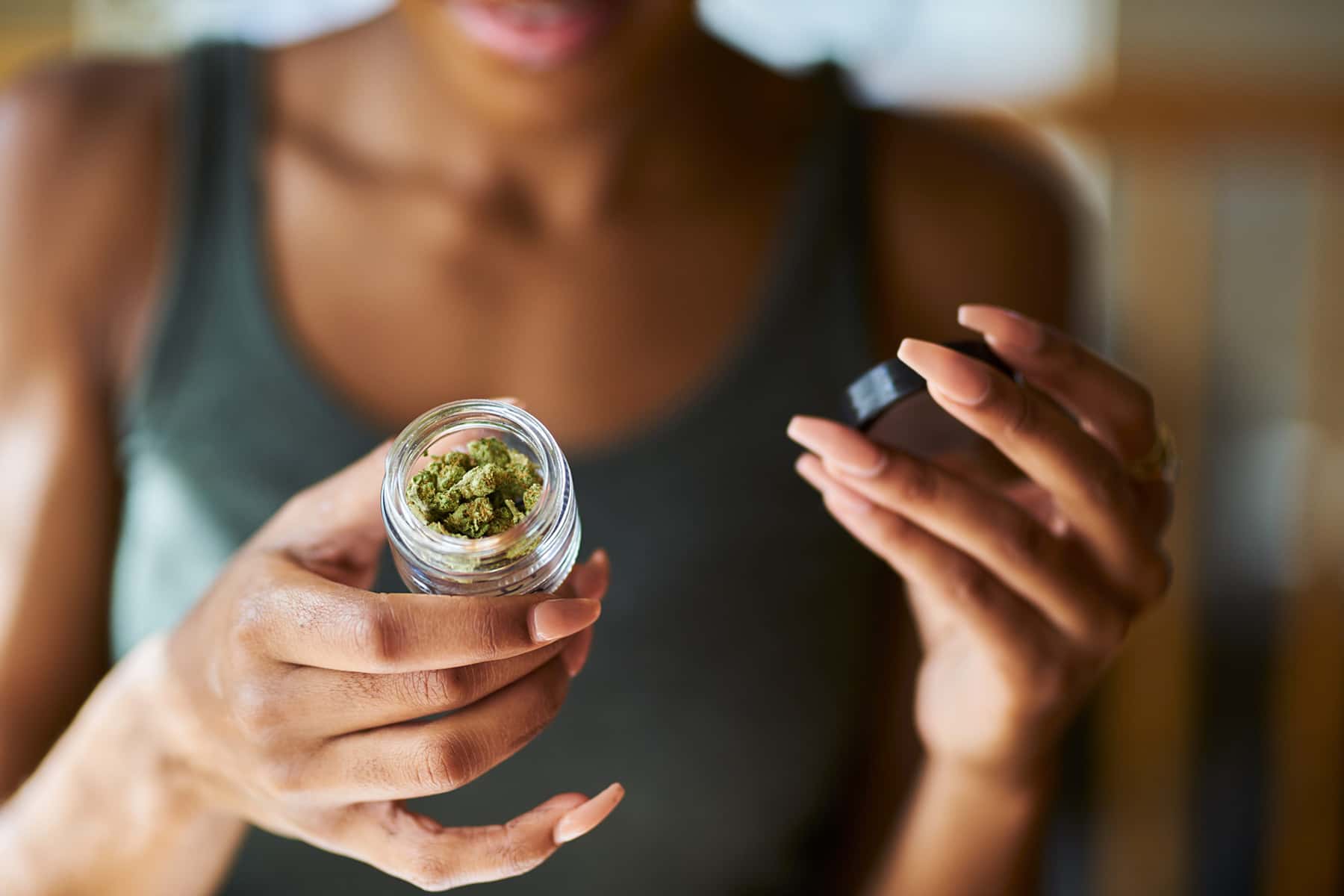
The American Civil Liberties Union released a new report on April 20 that showed Black people are 4.2 times more likely than white people to be arrested for marijuana possession in Wisconsin, despite comparable national marijuana usage rates.
Wisconsin ranked 14th in the nation for the largest racial disparities in arrests for marijuana possession and was among 17 states where arrests for marijuana possession increased from 2010 to 2018. Although the total number of people arrested for marijuana possession has decreased in the past decade, nationally, law enforcement still made 6.1 million such arrests over that period, and the racial disparities in arrest rates remain in every state.
“At a time when Wisconsin’s overcrowded prisons are on the brink of becoming a tinderbox for COVID-19, this report is a disturbing reminder of the failed and biased policies that are driving mass incarceration in Wisconsin,” said ACLU of Wisconsin executive director Chris Ott. “As a matter of racial justice and sound public health policy, Wisconsin must release people from these dangerous conditions and legalize marijuana – with racial equity at the foundation of such reform.”
The report, A Tale of Two Countries: Racially Targeted Arrests in the Era of Marijuana Reform, details marijuana possession arrests from 2010 to 2018 and updates our unprecedented national report published in 2013, The War on Marijuana in Black and White.
“This report confirms what we see each and every day in our communities: Black people being disproportionately harassed, arrested, and imprisoned because of racially-biased policing and enforcement,” said Molly Collins, advocacy director at the ACLU of Wisconsin. “The failed war on drugs is just one example of how our broken criminal legal system has fueled a mass incarceration crisis with enormous human and financial costs.”
Key findings include:
- Across the U.S., law enforcement made more than 6.1 million marijuana-related arrests from 2010 to 2018.
In Wisconsin alone, there were almost 20,963 marijuana arrests in 2018, the vast majority of which were for possession. - In 2018, marijuana possession arrests accounted for 57 percent of all drug arrests in the state.
- A Black person in Wisconsin is 4.2 times more likely to be arrested marijuana possession than a white person, ranking 14th in the nation in racial disparities.
- Wisconsin ranked 14th in the nation for the largest racial disparities in arrests for marijuana possession.
- Ozaukee County Wisconsin had the 10th highest increase in racial disparities in marijuana possession arrests in the country.
- Overall national arrest rates have trended downward, however in Wisconsin, marijuana possession arrests have actually increased 12.1% percent from 2010 to 2018.
- Nationally, in 2018, law enforcement made more marijuana arrests than for all violent crimes combined.
- Despite legalization in a number of states, it is not clear that marijuana arrests are trending downward nationally.
- National arrest rates have actually risen in the past few years, with almost 100,000 more arrests in 2018 than 2015.
A Tale of Two Countries: Racially Targeted Arrests in the Era of Marijuana Reform comes at a time when the criminal legal system is overwhelmed by the COVID-19 public health crisis that demands expedited decarcercal action to safeguard the lives of those incarcerated in and employed by jails and prisons. The reforms recommended in this report provide a road map for reducing marijuana arrests and criminalization as governors, prosecutors, judges, and other stakeholders across the country grapple with the harms presented by the public health crisis and take steps to release people from jails and prisons.
To combat the racial disparities rampant in marijuana-related arrests, the ACLU of Wisconsin is calling not only for an end to racialized policing, but also for full legalization of marijuana use and possession and specific measures to ensure legalization efforts are grounded in racial justice.
This includes pressing for passage of the MORE Act, which aims to correct historical injustices of the failed War on Drugs that has terrorized Black communities and decriminalizes marijuana at the federal level, reassesses marijuana convictions, and invests in economically disadvantaged communities.














